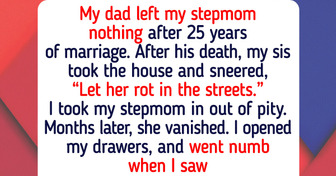my parents are one of those anxious-neurotic types...
7 Signs You May Be an Anxious Parent, and How to Not Pass It Down to Your Kids
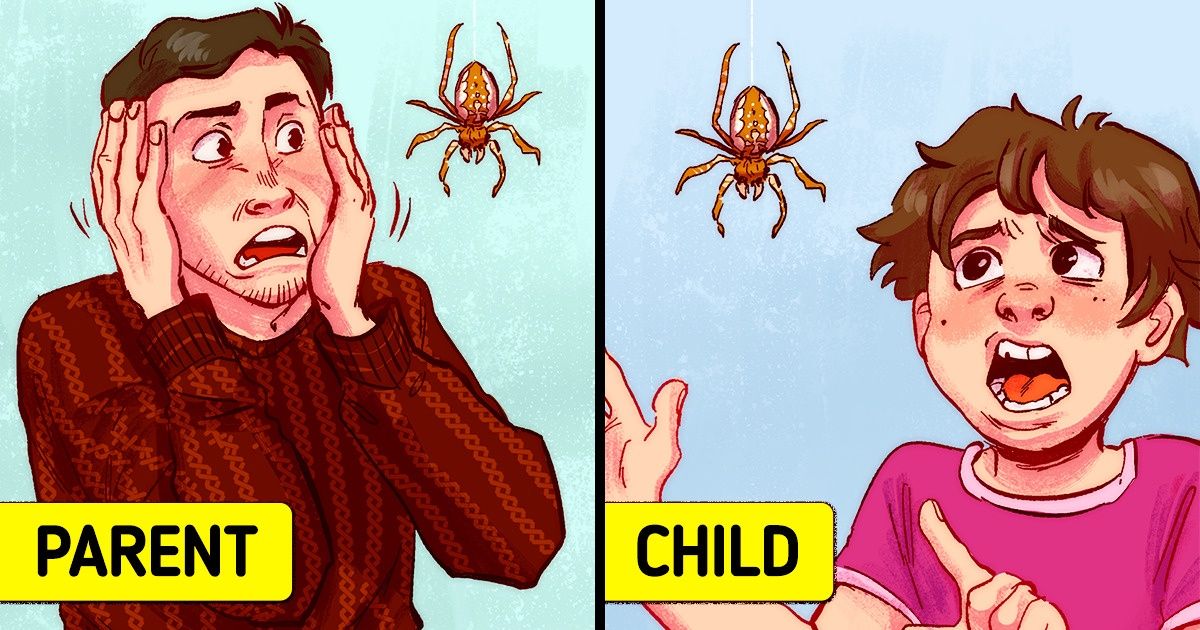
Bright Side wants to help you find out if you belong to the anxious type and share some tips to help you overcome your nagging thoughts.
1. You always have an anxious talk with your child.
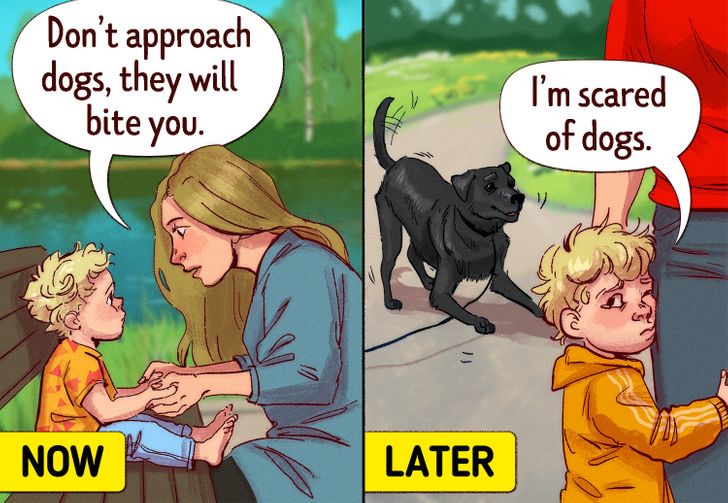
Anxious parents often repeat the same information more than once, just in case. For example, if you see stray dogs as a threat and talk about them in a horrified tone, your child will eventually develop a phobia. This way, you transfer your fears onto your kids. One study found that overprotected children are more prone to anxiety and worry.
Solution: Instead of blowing everything out of proportion and making your kids anxious, remember that you’re in control. For example, instead of portraying dogs as monsters, teach your child what to do in case of emergency and make sure you’re not over-dramatizing. Keep your emotions under control so that your talk doesn’t sound like fearmongering.
2. You have avoidance habits.
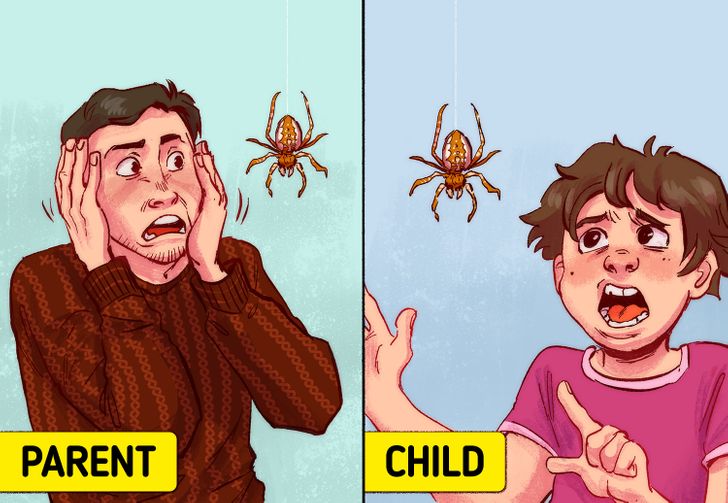
If you find yourself avoiding a particular thing, it’s highly likely that your child will internalize it too. Even if you think your fears are silly, they still can be harmful. Children are like little sponges. They aren’t able to rationalize your fears, so they look at you and repeat.
Solution: Notice the causes of your anxiety. Eliminate the triggers and remember that you’re talking to a child who is perceptive to everything you say. If you are struggling, it might be helpful to get professional help.
3. You monitor your child 24/7.
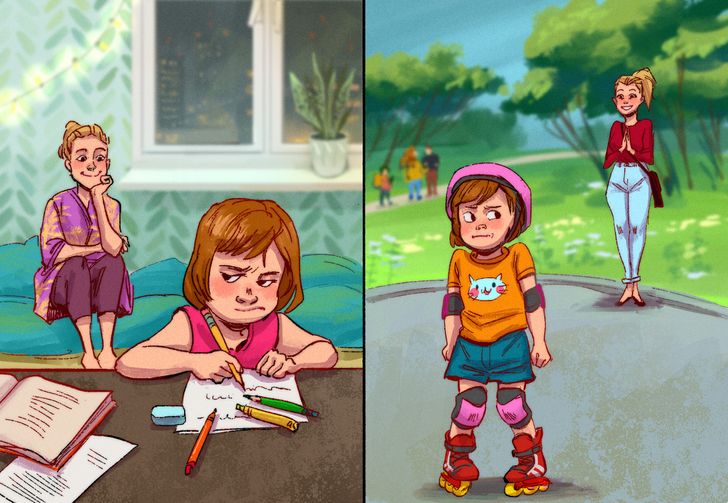
Anxious parents tend to be paranoid and possessive. You check their grades every day, watch their performance at sports practices, and make sure everything is done with the utmost diligence. As a result, your child becomes an anxious perfectionist. If your child makes the slightest mistake, you always think of the worst-case scenario and exaggerate.
Solution: Realize that you can’t control everything your child does. Instead, focus on your part. For example, if you want to make your child read more, buy them books they’re interested in or discuss the latest book they’ve read. If your child doesn’t show any interest, it’s not your fault, and you can’t do anything about that — so let go of the things that are out of your control.
4. You satisfy your child’s every whim.
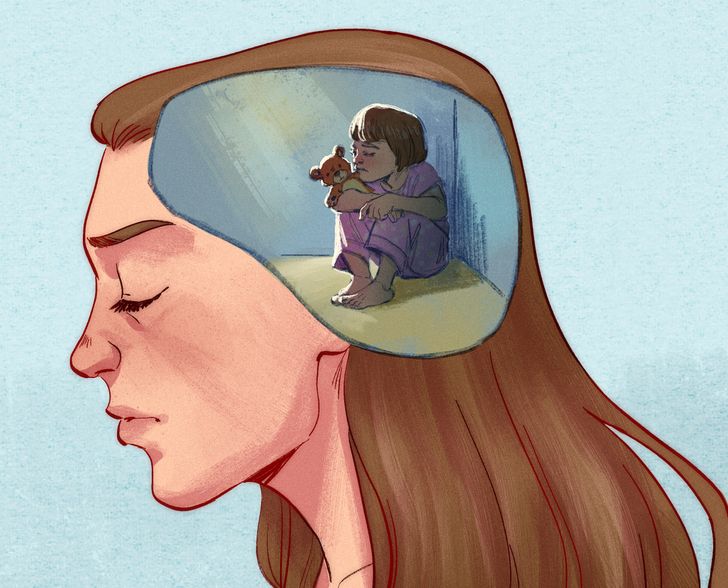
Every time your child throws a tantrum, you immediately rush to console them. For anxious parents, tantrums usually mean an intense need, and if they don’t satisfy it, anxiety creeps up parents’ minds. Interestingly, misbehavior can also be a sign of anxiety. For instance, refusing to answer a teacher’s question because of a fear of failure.
Solution: Instead of trying to placate a capricious child, don’t pay attention to them. Sooner or later, the tantrum will pass on its own. If your child misbehaves due to anxiety, talk it over with them without judgment.
5. You’re drilling them with questions.
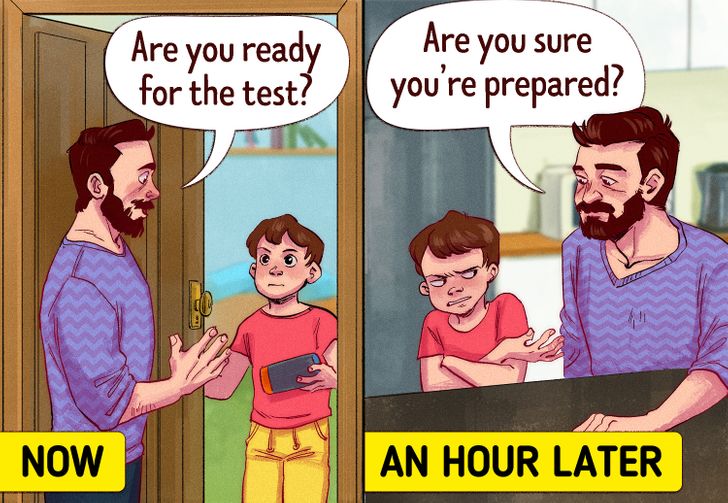
Anxious parents need all the details to feel less worried. Exact information acts as a relief from their anxiety inducing-thoughts. Children, in turn, worry too because their parents overreact if they make mistakes.
Solution: Focusing on the present might help you feel more relaxed. Quit your negative thinking, as it only worsens the situation. Most of the time, none of your imagined scenarios ever come true.
6. You don’t let them have secrets.

Anxious parents don’t allow their children to keep things from them. If kids hide something, then it must be something horrible. Pushing your child to tell you everything leaves them with no privacy. However, secrets are essential for a child’s development. They form inner awareness, autonomy, and imagination.
Solution: There are 2 types of secrets: good (surprises) and bad ones (situations that make your kid sad or embarrassed). Draw a distinction between them and interfere only when you feel the situation is getting out of hand or might be life-threatening.
7. You don’t allow your child to do anything without you.

Anxious parents don’t trust both the people their kid hangs out with or the place they hang out. They feel like they can’t let their child be unsupervised, so overprotection alleviates parents’ anxieties. At the same time, children get anxious and clingy because they haven’t built the necessary autonomy.
Solution: Start off with giving your child a small task to do independently. Meanwhile, try to reduce your control a little, as a constant focus on safety prevents children from becoming independent. If you’re still worried that your child might do something wrong, at least make a detailed guide explaining each step to them.
Do you often worry about your kids? What do you do to control your emotions in difficult situations?
Subscribe to our podcast on Spotify or Apple podcasts to enjoy our best stories and give a real treat to your ears.
Comments
my dad was #7 i was not allowed to do anything without him until i got kicked out of his house but now i have no social skills cuz he was petrified of me being with my friends and not him
Related Reads
I Refuse to Let My Parents Use My Success Story After They Called Me a Failure
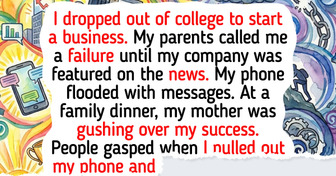
12 Moments That Teach Us to Choose Kindness Even When Life Turns Unfair

I Refused to Be My In-Laws’ Emergency Motel—Snowstorm or Not

16 Stories That Prove Kindness Still Wins in Our Broken World
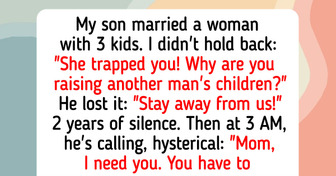
I Refused to Let My MIL Own My Family Budget, Now My Marriage Is on Thin Ice

18 Stories Where Kindness Made It Human Again
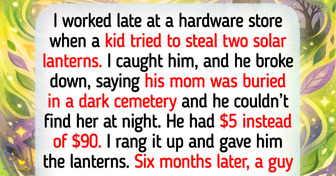
My Family Always Prioritized My Sister—Then Expected Me to Help Them With Medical Bills
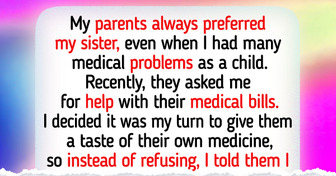
16 Moments That Show Kindness Is the Strength the World Needs
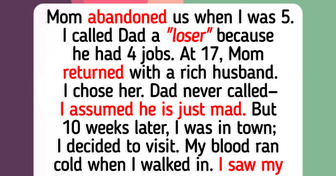
My Neighbor Refused to Help My Autistic Son, She Wasn’t Ready for My Revenge
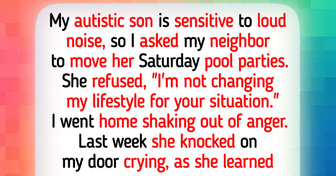
19 Stories That Prove Money Is the Ultimate Truth Serum for Relationships

My Brother Has No Kids but Refuses to Share His Inheritance With Mine—I’m Furious
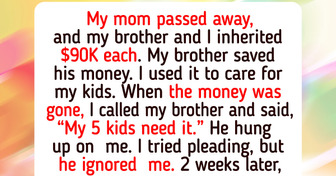
17 Times Kindness Helped People Get Back on Their Feet
